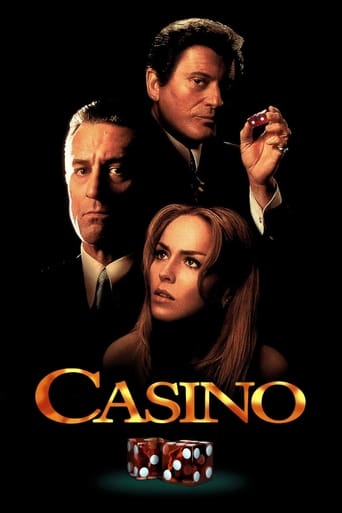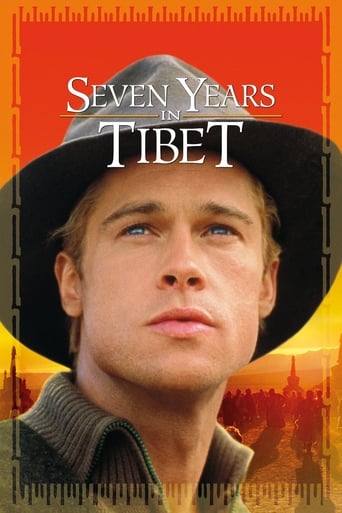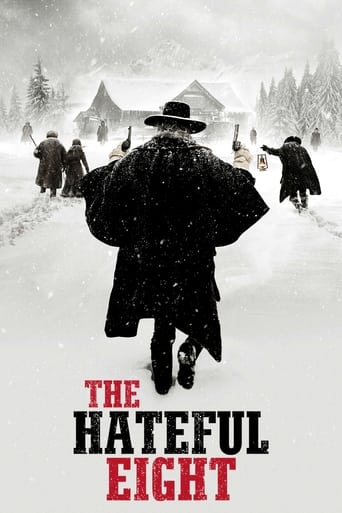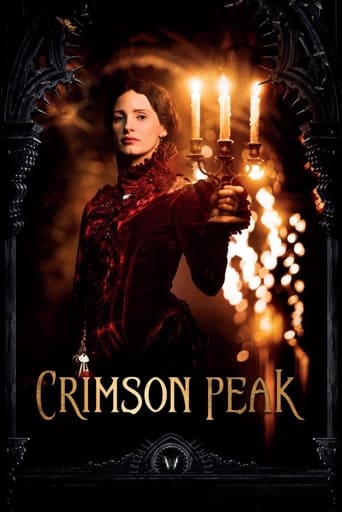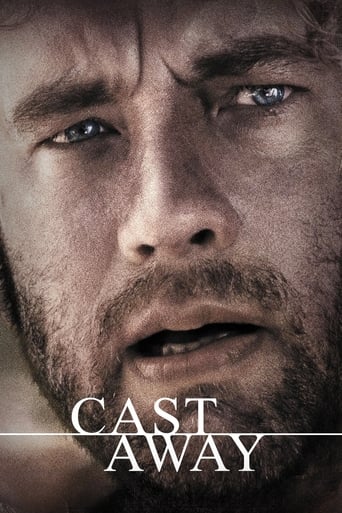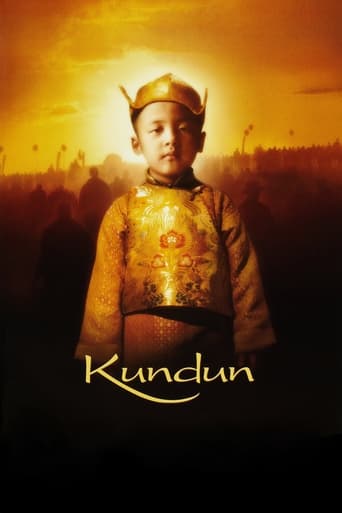


Kundun
The Tibetans refer to the Dalai Lama as 'Kundun', which means 'The Presence'. He was forced to escape from his native home, Tibet, when communist China invaded and enforced an oppressive regime upon the peaceful nation. The Dalai Lama escaped to India in 1959 and has been living in exile in Dharamsala ever since.
-
- Cast:
- Robert Lin


Similar titles
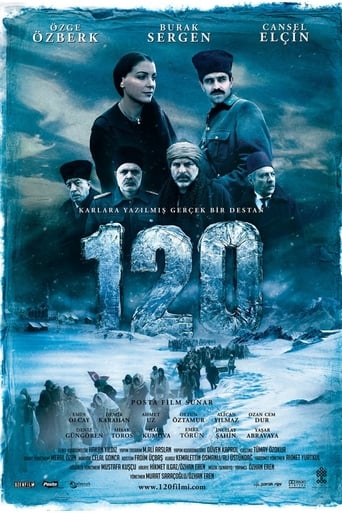
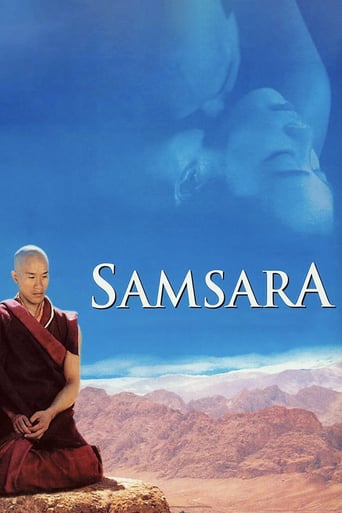
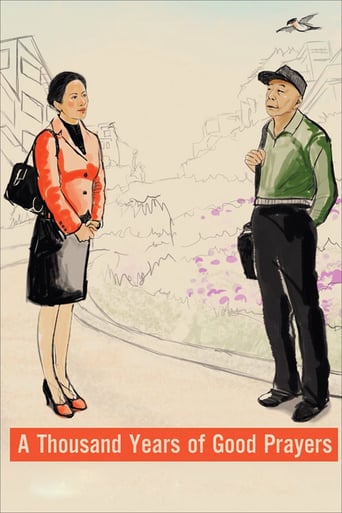


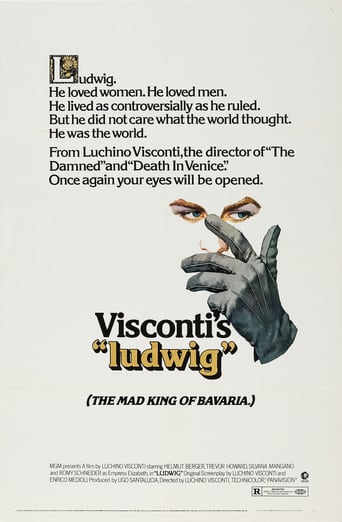


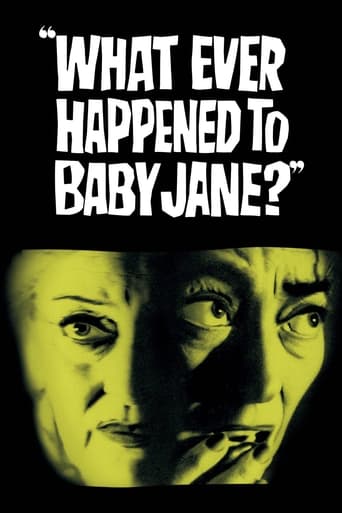
Reviews
Undescribable Perfection
This movie is the proof that the world is becoming a sick and dumb place
Perfect cast and a good story
An old-fashioned movie made with new-fashioned finesse.
"There is a saying in Tibetan, 'Tragedy should be utilized as a source of strength.' No matter what sort of difficulties, how painful experience is, if we lose our hope, that's our real disaster."I think that Kundun, shot by a successful director, does not see the value he deserved. Focusing on the life of the Dalai Lama, the film shows up closely in the Chinese government, which unfairly occupies Tibet. In addition to the lie that the Chinese government will bring innovation to Tibet, in fact a Buddhist philosophy and a religious leader are targeted.I admired the images and music in the movie. People who love biography should watch.
Kundun is the best movie about Tibet yet, and a towering biopic coming close to Bertolucci's "The Last Emperor (1987)". Scorsese seizes the opportunity to tell a historical tale with profound meaning, menace masqueraded as magnanimous philanthropy, and repercussions that last to this day two decades later.Scorsese is adapt at his craft, and gets good performance from his actors. He also relies on the strong poetry and beauty of Melissa Mathison's script who scratches the surface of Buddhist teachings. Roger Deakins' masterful cinematography gets the intimate scenes' impact and showcases Tibet's beauty on occasion. Philip Glass's haunting score is the cherry on the Sunday and the movie ends when we are ready to continue the journey.Great monologues and dialogues including delivery by the chilling and charismatic Chairman Mao are memorable. Kundun's growth as a human being and leader as well as his relationships are coherent and telling. We draw from his inner strengths, his dilemma, his weaknesses and hope for the best.We feel, we think, we learn. The movie is a slow burn and the writing, cinematography and music all become more intense until the fateful and beautiful final scene. A joy for the senses and a feeling that we do not want to movie to end.Top notch cinema which puts together the best elements for posterity.
I saw the movie "Kundun" recently, directed by Martin Scorsese. This movie was somewhat reminiscent to that of "The Last Emperor" (the movie depicting the life of Puyi). But rather, takes on more of a religious perspective, showing the life of the 14th Dalai Lama. The movie was set in a beautiful location, with magnificent views of the Tibetan mountainous region. The music really went well with the visuals. It didn't draw attention nor did it put me to sleep. The graphics and setting of the film was spectacular and one of the best. I especially liked the scene when Kundun was washing away the sand mandala. The costumes of the Buddhist monks were very well detailed and interesting. I enjoyed the serenity of the backdrop, which really gave a relaxing feel to the film. I felt that this movie left out a lot of significant parts of the the Dalai Lama. They left out how his life after his exile, which I think is important as to the development of him today. It should include scenes where the Dalai Lama was appealing to foreign countries for refuge and aid. The actors of the film were good portrayals, especially both of the young and middle-age Kundun. The only bad portrayal was of Mao Zedong. The actor didn't really resemble him well and his acting as Chairman Mao had gone overboard. The entire movie revolved mostly around the Chinese Communist Party claiming Tibet and forcing the Dalai Lama out, instead it should focus more on the Dalai Lama's spiritual journey at the same time. The theme of government against religion is significant in today's ever changing society and I believe it was well filmed. There should be a balance of Dalai Lama's religious influence yet at the same time showing his history. The film had it's good points especially the fascinating process of finding Kundun and how he dealt with other people. This film is more suited to those who enjoy a great historical depiction of a man who went on a religious journey influenced by politics of the Chinese Communist Party. The also had brilliant scenery. This is definitely one of Martin Scorsese's best films so far.
Martin Scorsese recounts the official version of the Dalai Lama's biography from his birth until the onset of his exile in India in 1959. In stunning images. That's it. And that's not enough. None of Marty's extraordinary narrative style is apparent here (although the movie is a showcase for cameraman Roger Deakins, who has since become the cinematographer of choice for the Coen brothers). Since the Dalai Lama is a real, and really ambivalent, political as well as religious figure, offering up a glossy 2-hours commercial on him simply isn't enough. The most egregious example of the movie's intentional superficiality is when the deposed Tibetan regent Reting Rinpoche perishes in the dungeons of the Potala palace and the Dalai Lama reacts to this by ... erm, performing a noble blessing gesture and then doing feck all. Was he in on it himself, or at least aware that there was a conspiracy, which he chose to ignore? But for what reasons? This movie won't tell you. It just wallows on in beautiful images.


